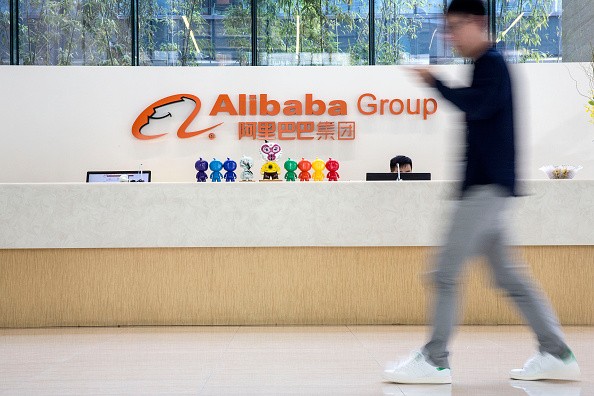Despite the fact that China is the second largest economy in the world after the United States, it still lags behind when it comes to entrepreneurship--which might not be as bad as it first seems.
According to the 2017 edition of the Global Entrepreneurship Index, China placed 48th in the world compared to the United States, which topped the list. The index (which can be downloaded for free), ranks countries using a mix of different factors including human capital, risk tolerance and cultural support of entrepreneurship.
And while this might seem a bit disconcerting, the ranking may not paint a totally accurate picture.
First of all, most of the countries that make up the higher levels of the index are developed economies--which China is not.
This is vital because the kind of entrepreneurship that's currrently prevalent in China might not be what comes to mind when someone from the west thinks of entrepreneurship.
Yasheng Huang, Professor of Global Economics and Management at the MIT Sloan School of Management, identifies two types of entrepreneurship: catch-up and frontier entrepreneurship.
"We define a country as poor because it has lots of poor people. The reigning issue for entrepreneurship in developing countries is not technology but how to grow income and to create jobs for those who need income," he said.
Frontier entrepreneurship, on the other hand, is the kind that focuses more on developing and researching new technologies, things the likes of Facebook and Google are knee-deep in.
Although China does have its share of frontier heavyweights--Xiaomi, Baidu and Alibaba, to name a few--there is still much to be done so that frontier enterprises can flourish.
"Frontier entrepreneurs ask a lot from a political system," wrote Yasheng. "They need strong intellectual property rights protection; they need a court system that is impartial and fair; they need a multi-tiered financing structure (early stage venture capital to late stage public market financing)."
"They constantly need fertile ideas from multiple sources; they need the freedom of expression to state their views and make their cases. In brief, they need a well-functioning democracy," he said.



























